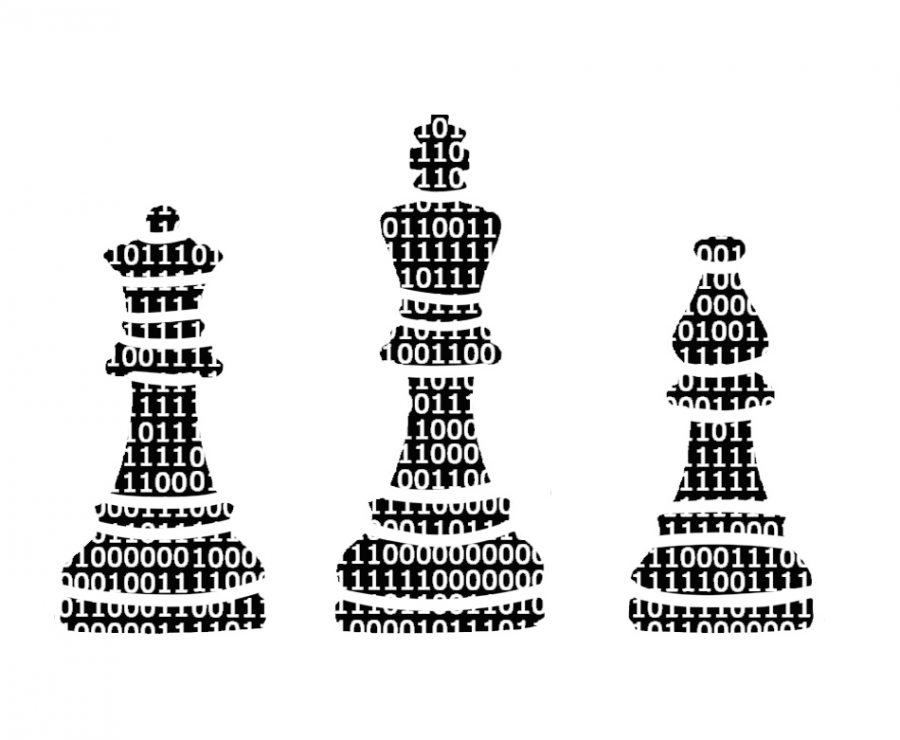Educational institutions are “asleep at the wheel” when it comes to teaching tech ethics, according to a New York Times op-ed published in November 2017. The piece calls upon universities to lead the education of future engineers in tech ethics and the social implications of their work.
STEM classrooms, specifically engineering and computer science classrooms, provide students with the tools to work in computing. However, they do not always put these concepts into a broader framework that can be applied in the real world. Professors need to integrate ethical foundations into regular classroom material as it is one of the best ways to teach tech students how to apply what they’re learning in a real world-setting.
Alison Norman, an associate professor in the computer science department, teaches Principles of Computer Systems, a required core course for computer science undergraduates. Although Principles of Computer Science is a purely technical class, Norman spends one day every semester applying learned concepts to examples of real world unethical usages. The example she uses is a piece of medical technology, the Therac 25, that resulted in the deaths of numerous patients. These deaths were a result of a reckless section of code. She structures the class in a way that tells stories of the victims side by side with the code that caused their demise.
By bringing together computer science concepts and ethics in the same setting, Norman increases the likelihood that students will remember the importance of ethical behavior when coding. She also familiarizes students with situations they are likely to encounter in their everyday jobs. With new technology like autonomous vehicles and data science affecting reception of information, it is important that students notice a lapse in ethics before these products reach consumers.
Studies have shown that when provided with a real world context, students better understand the relevance of their lessons, leading to higher levels of interest compared to students taught without this context.
UT currently offers courses in ethics to computer science and engineering students such as Contemporary Issues in Computer Science and Ethical Foundations of Computer Science. The problem is that these courses are optional so this material doesn’t reach a majority of students. According to Norman, currently, the one-hour ethics course can only accommodate 60 students per semester. There are around 1,700 CS undergraduates.
The other issue is that placing ethics into separate courses — the way UT does — can be counterproductive. Casey Fiesler, an information science professor at the University of Colorado Boulder, is one of the few professors who focuses on integrating ethics into tech education.
“When you first learn to write code or build technologies, a fundamental part of that should be learning how to think through possible ethical issues,” Fiesler said. “If you don’t do that, you’ve missed a vital step — just as bad as if you don’t learn to test or find mistakes in your code.”
UT professors should follow Fiesler’s lead when it comes to ethics and technology. According to Fiesler, when ethics only come up in classes specifically devoted to it, professors reinforce the idea that computing ethics is a side gig, a specialization, rather than a crucial part of everything you’re doing anyway.
STEM departments at UT should incorporate more material on ethics in all classrooms because of the way it can have an honest impact on students. Prioritizing ethics in the classroom is the first step in ensuring that the future of technology is secure for everyone.
Krishnan is a computer science sophomore from Plano.





















